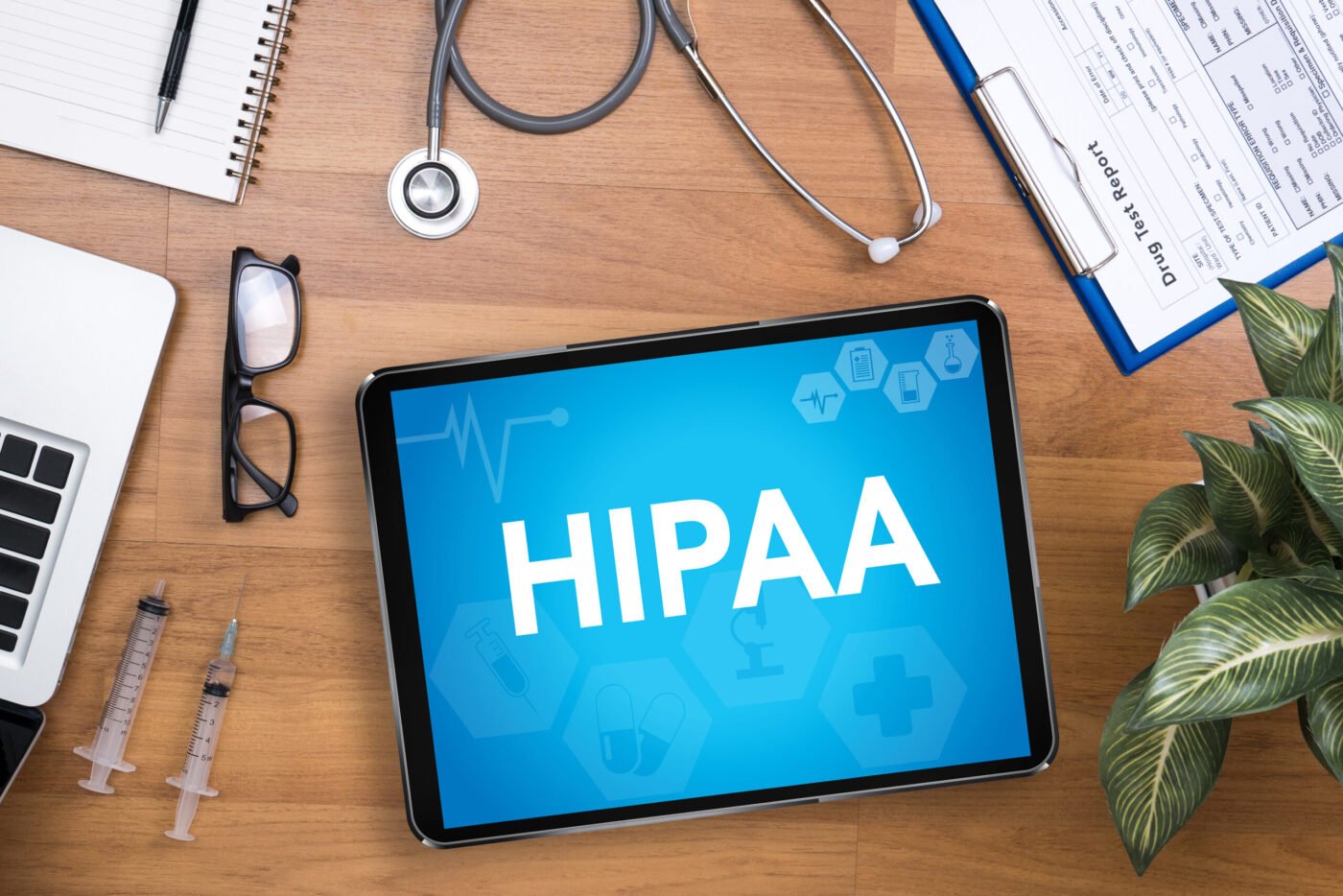Contact Center Security Healthcare and Insurance2 Minute Read
Safeguarding Healthcare Data Security with Business Process Outsourcing
Healthcare organizations face rising threats of data breaches and HIPAA violations, with millions of patient records exposed each year (Healthcare IT News). Beyond fines and compliance risks, these breaches erode patient trust.

Business Process Outsourcing (BPO) partners can help healthcare providers strengthen security while delivering reliable, onshore customer support.
HIPAA Compliance and Security Regulations

Shutterstock; Photo by one photo
To safeguard sensitive data, providers must comply with HIPAA’s Privacy and Security Rules (HHS HIPAA Overview; Privacy Summary).
Partnering with a compliant BPO helps:
-
Ensure secure storage and transmission of PHI.
-
Train staff on proper handling of sensitive records.
-
Reduce risks of costly HIPAA penalties.
For up-to-date resources, visit HIPAA Journal.
How BPO Strengthens Healthcare Data Security
A qualified BPO provider can add multiple layers of protection for healthcare organizations:
- Onshore, secure contact centers with audited systems.
- Trained agents who understand HIPAA and patient privacy.
- Encryption and monitoring to prevent unauthorized access.
- Scalable staffing to support peak demand without compromising compliance.
By outsourcing securely, healthcare leaders gain time to focus on patient care and operational efficiency.
Achieving Trust Through Business Process Outsourcing (BPO) Partnerships
Data security isn’t just a compliance issue — it’s about building patient trust. Partnering with an experienced BPO enables providers to:
-
Reduce exposure to cyber threats.
-
Meet regulatory requirements.
-
Reassure patients that their personal information is safe.
Discover how Working Solutions delivers secure, flexible support: Learn more.
Secure CX, Confident Patients
With healthcare data breaches on the rise, choosing a compliant BPO partner is critical. Working Solutions provides HIPAA-aware, U.S.-based agents and proven processes that safeguard sensitive data while enhancing customer experience.
Protect your patients. Protect your reputation. Partner with a BPO that understands both.
Interested in learning more? Contact us here to schedule your complimentary consultation with a Working Solutions expert.
Learn how we can help you ensure healthcare data security — today, tomorrow and well into the future.
Let's Connect →
This Might Interest You...
This website uses cookies to personalize and improve your experience. Continue browsing our site if you agree to our Cookie Policy or feel free to Manage Cookies yourself.


